Opposition leader Felix Tshisekedi was named the next president of the Democratic Republic of the Congo early Thursday morning, following the country’s election on December 30th, 2018.
The DRC’s Independent National Electoral Commission reported that Tshisekedi won 38.6 percent of the vote, beating out rival opposition leader Martin Fayulu, who won 34.8 percent of the vote, and Emmanuel Ramazani Shadary, the pick of current President Joseph Kabila, who won 23.8 percent.
Fayulu, however, has rejected these results and announced that he will file a court challenge, claiming there has been an “electoral coup” and that he truly won 62 percent of the vote. Leaders of the Catholic Church, which had observers conduct an independent voting tally, and French diplomats have challenged the outcome as well, saying Fayulu was the real winner.
Numerous irregularities were reported around the time of the election, including a fire that destroyed 8,000 polling machines 10 days prior to the election and a last-minute decision to prevent a million people in Ebola-affected states from voting.
Currently, Tshisekedi is set to succeed Kabila, who has been in power for 18 years, on January 18th, 2019. Kabila’s term was set to expire in 2016, but he postponed the election until 2018 as he sought to amend the country’s constitution and govern for another term.
If the election results are accurate, this could be the DRC’s first democratic transfer of power since the country gained independence from Belgium in 1960. Fayulu will go to court Saturday to challenge the results.

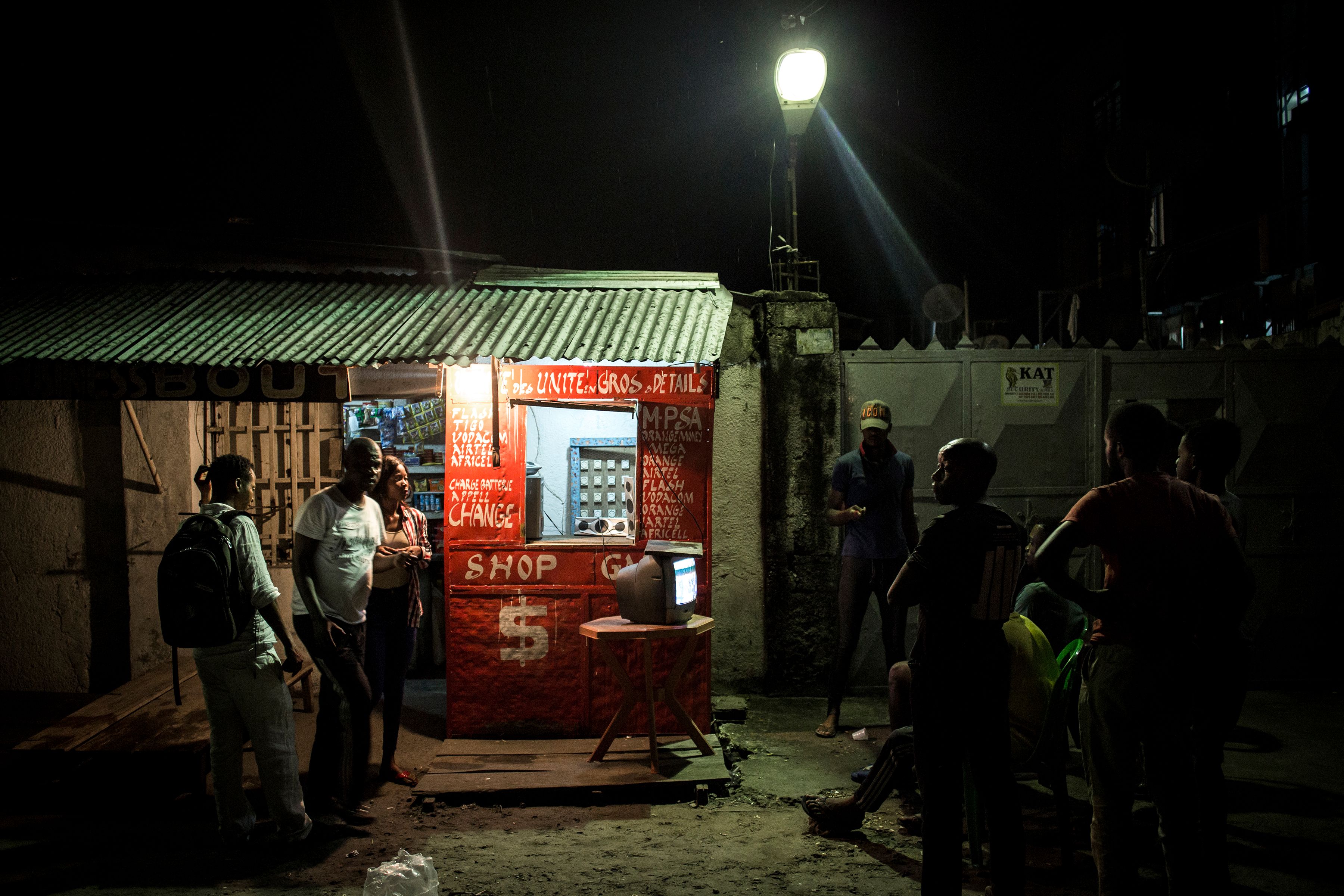
(Photo: John Wessels/AFP/Getty Images)
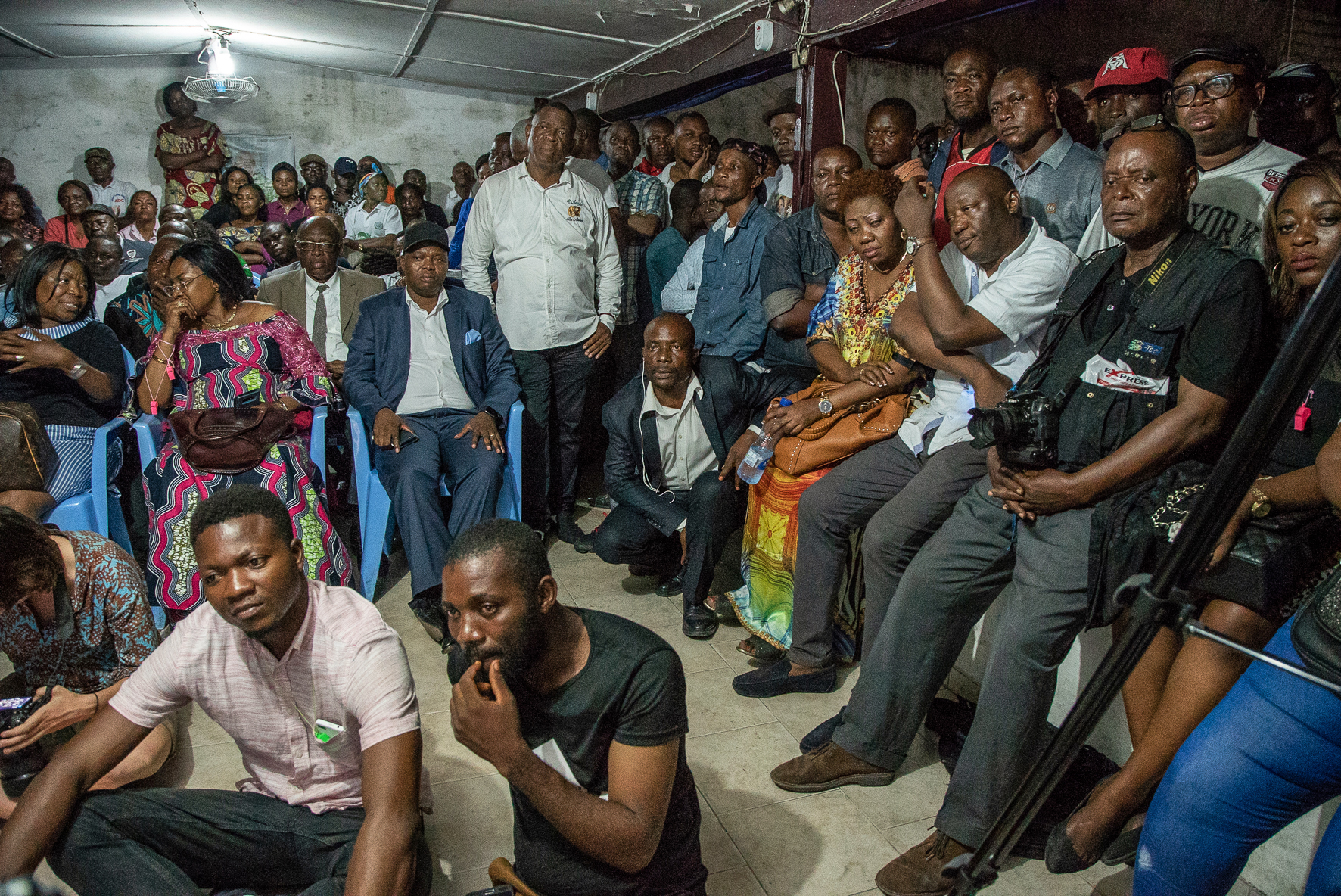
(Photo: Caroline Thirion/AFP/Getty Images)
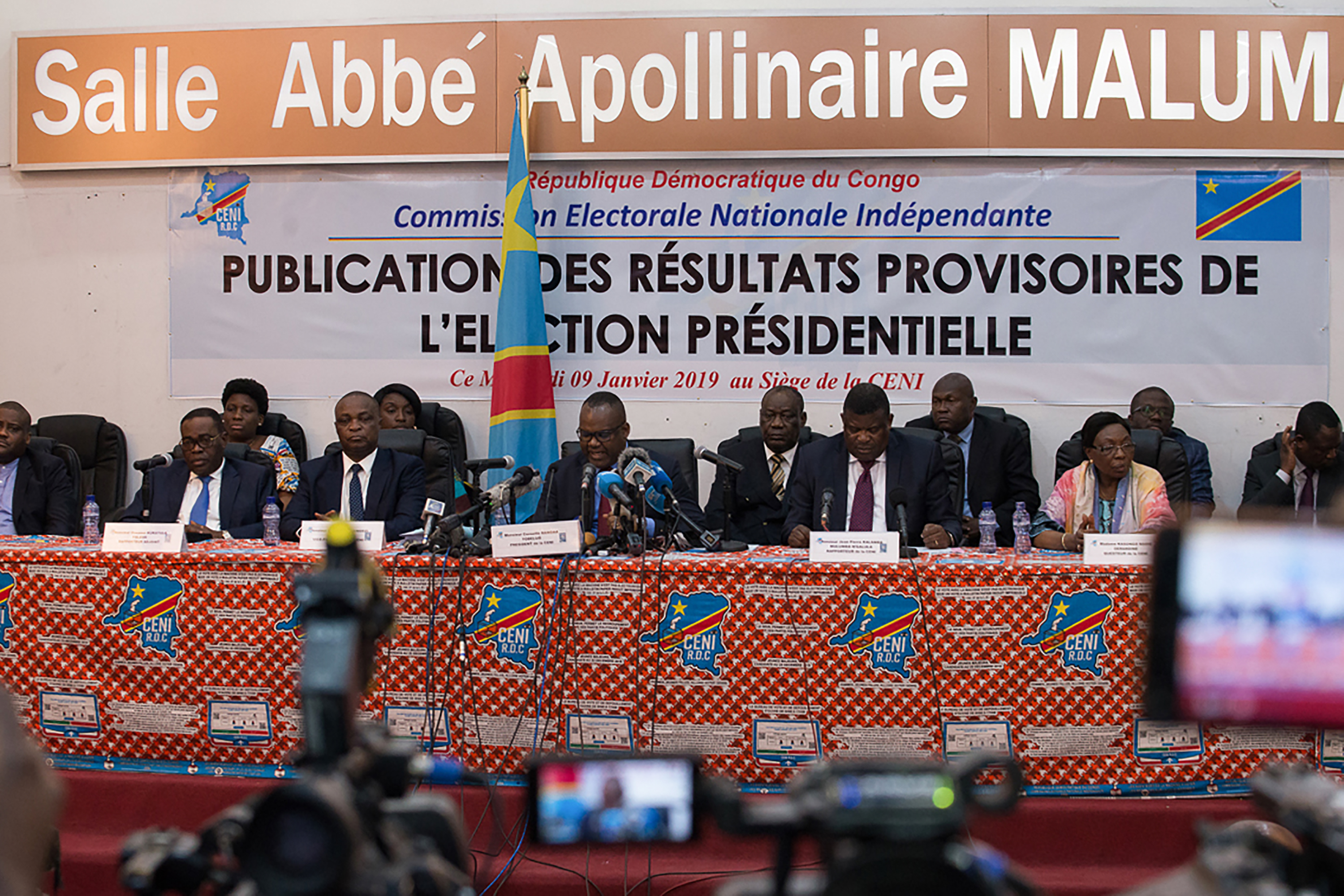
(Photo: Junior D. Kannah/AFP/Getty Images)
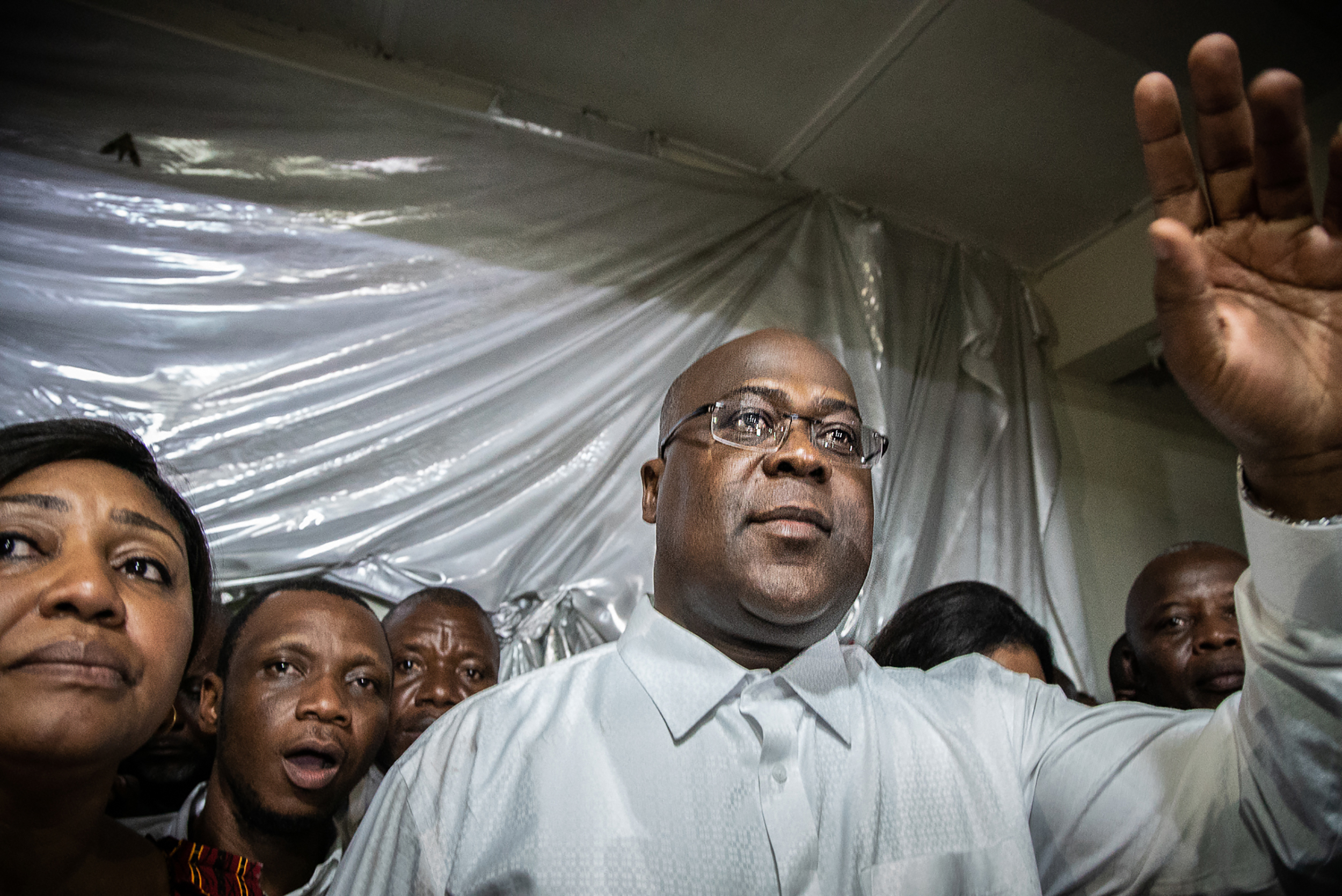
(Photo: Caroline Thirion/AFP/Getty Images)
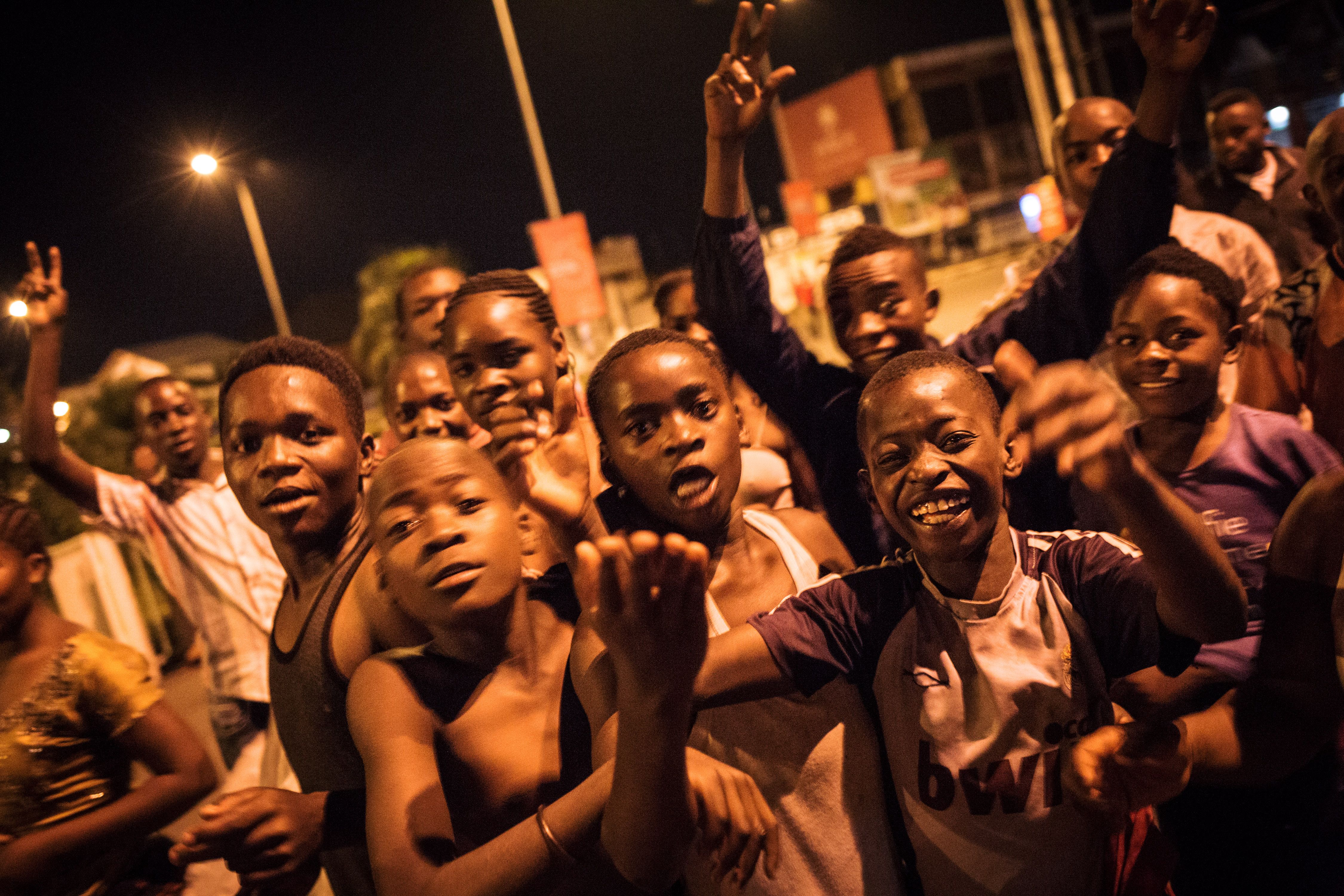
(Photo: Alexis Huguet/AFP/Getty Images)
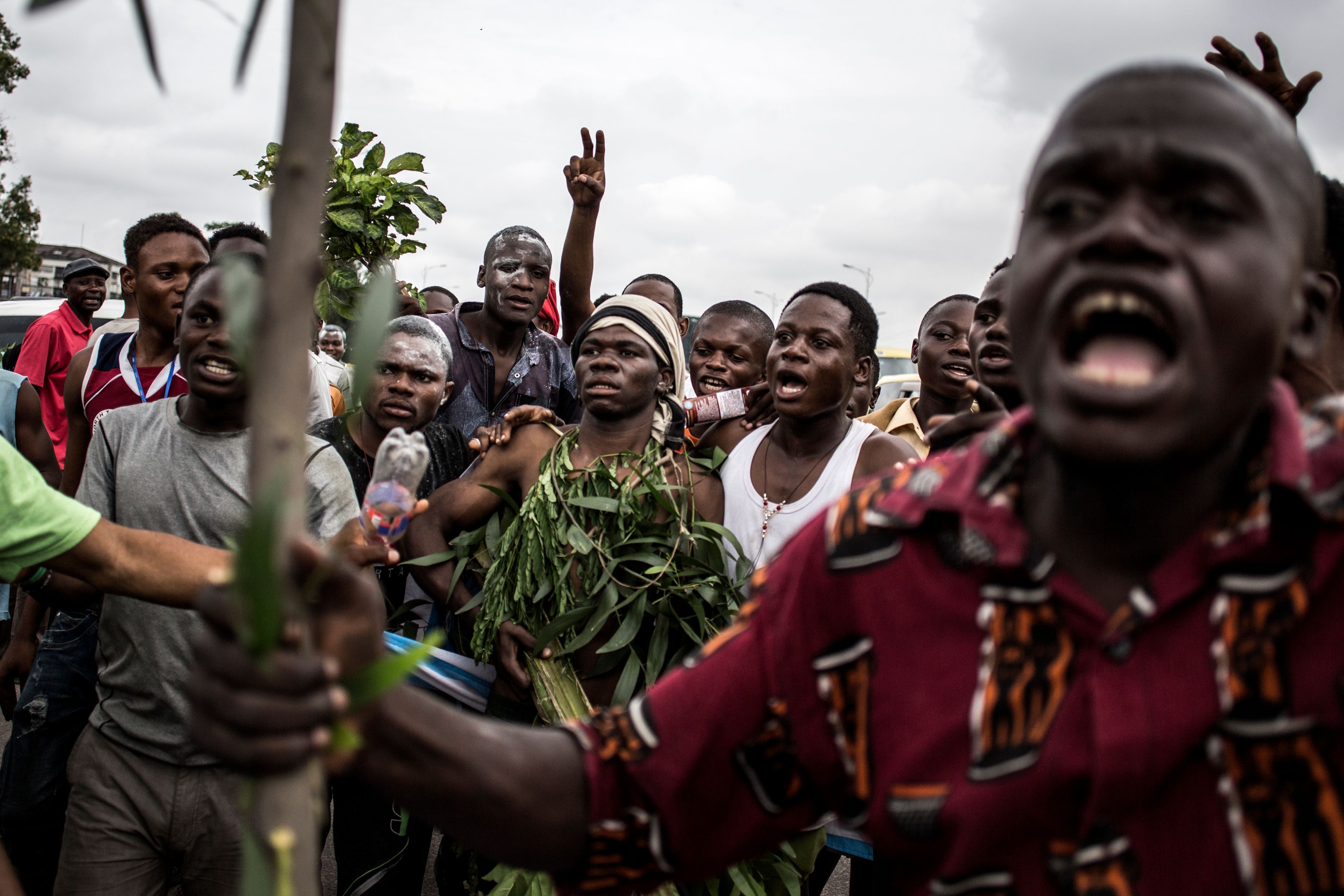
(Photo: John Wessels/AFP/Getty Images)
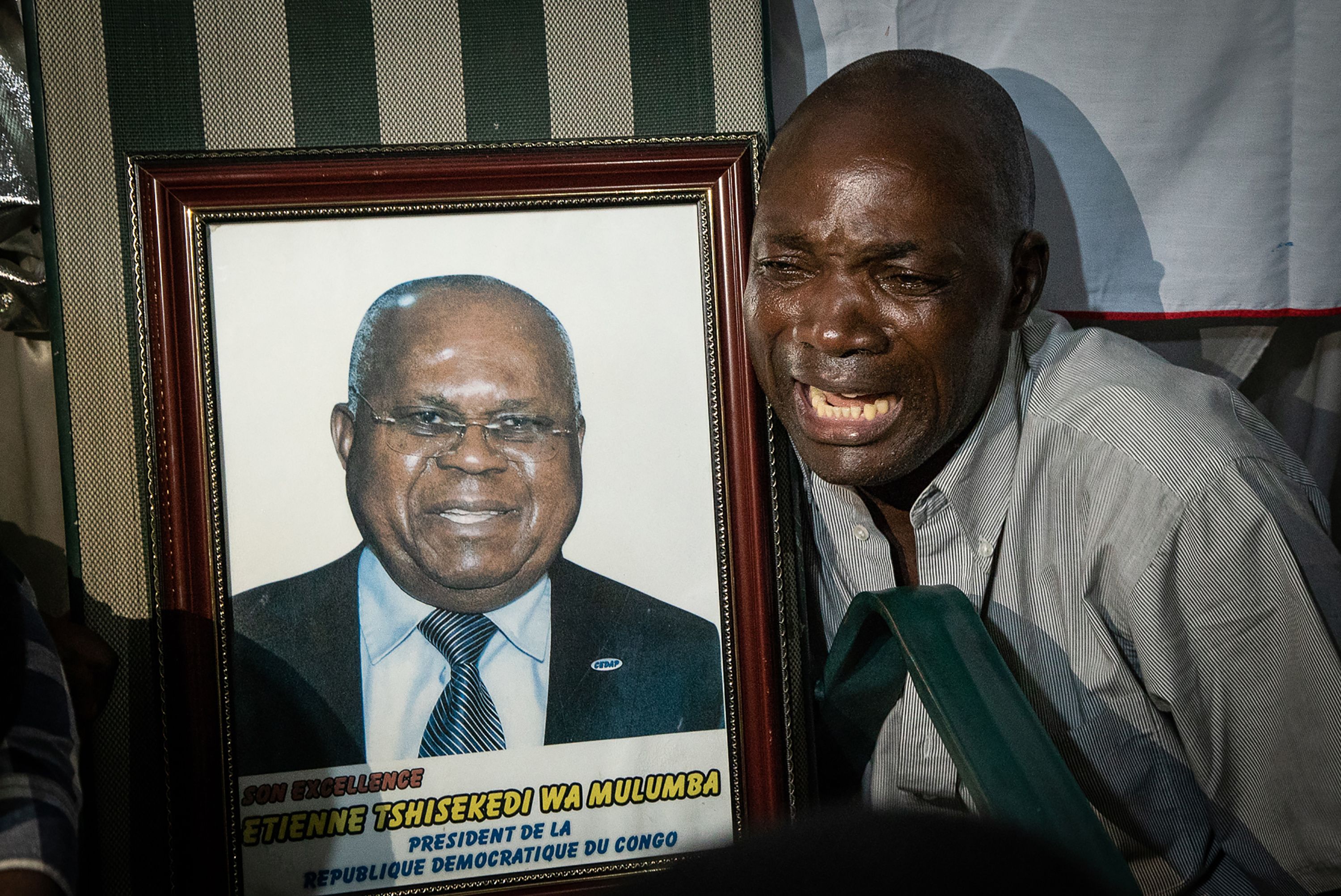
(Photo: Caroline Thirion/AFP/Getty Images)
More From Pacific Standard on the Democratic Republic of the Congo:
- The Ebola Outbreak in the Democratic Republic of Congo Spreads to Another City
- A Step Forward: Inside the Democratic Republic of the Congo’s Burgeoning Dance Culture
- One of the World’s Largest Rainforests Could Be Wiped Out by 2100
- Protecting Gorillas at All Costs: Meet the Fearless Park Rangers of the Congo





